I know, I know! I’ve already written a book review for Nigeria, but I couldn’t let this one go.
I do not know how to review this book without spoiling it for those who haven’t read it. I’ll do my best.
For one, I think those of us who are long-time fans of Chimamanda’s work weren’t expecting this for a novel. Our minds automatically go back to ‘Half of a Yellow Sun’ when realizing this was not it. Instead the book contains four stories from four women whose lives are intricately woven together by destiny, not their dream counts. I’m sure they would have rather shared more moments together when they did not have to ponder regrets and fantasize over the ‘what if’s’.
The first time I started reading it I was 45 pages in when I just shut the book in confusion and placed it on the bookshelf, telling myself I would get back to it eventually. I found I wasn’t the only one confused. Someone recommended reading the ‘Authors Note’ at the end of the book.
Thank you…
Then I got to thinking, we’ve waited over a decade for her writing to captivate us again. Having to remember that we have out grown our former selves. Inevitably so has she. This novel was written has a healing passage due to grief. Her parent’s deaths, both gone too soon; leaving her faced to accept an emptiness than ran too close together.
The first story is about Chiamaka, I became so enraged with her about how she could be dubious in her romantic relationships. I wanted to shout at her and at least slap one of the boyfriends. When she finally got to what she thought she had been longing for, I think she realized that she didn’t want it at all.
Next we have Zikora. Yes, we’ve heard that name before; (Adichie wrote a short story about her some years back). She feels humiliated when she thinks she has to face motherhood alone. Instead, her feelings of shame reversed to stages of understanding. Thank God for our mothers! It’s always easier to see your parents in a different light once they become grandparents. It’s not a facade, it’s only who they are. The version we don’t see as children.
Kadiatou, her story is my favorite! Mainly because you know her full story, from being a village girl in Ginuea until she makes it to America. I will not spoil the story for you, you’ll definitely have to read it for yourself. The inspiration for this character is also explained by the author at the end of the novel! There is African history woven in her story that I would like to explore further.
Lastly, we have Chiamaka‘s cousin: Omelogor, my fiesty feminist! She became my favorite character in the beginning once she gave one of Chiamaka’s boyfriends a piece of her mind; leaving everyone at the table with long lasting words to ponder. She is already financially successful in Nigeria, but still she decides she wants to venture to America to complete her degree. That is when we see her in a different light. Life in America uncovers her internal struggles & has her questioning the choices she has made throughout her life.
In Conclusion…
Instead of DNF’ing the book, I took what I could from all the books I read & review — I looked deeply into the characters. I personally can understand Omegolor’s character, but I love the storytelling in Kadiatou. I will have them in my mind for quite awhile as I have found history and self reflection in both of them.
Another character I love is Zikora’s mom. She may seems cross and unruffled on the outside but she has had to endure a great deal of things in life. She has had to bury her defeats and continue to press on while holding her head up high and not allowing the decisions of her husband to bring down her dignity. She has been strong. I am not sure it is even healthy to be that strong.
I will say that I was very unhappy with the male characters in the book. The characteristics of these men made me realize why it could be so easy for women to distaste them. Yet, I am immensely grateful that she brought these women’s stories to us (and their men). Because within all of this, brings the culprit of it all: societies expectations on women.
Due to the ticking of our biological clock, women are forced to fall in line with the sequence of marriage and motherhood or they are viewed as rebels and disappointments to their lineage. There can be a burden in being a dutiful and prefect daughter.
Quotes 💭
“Where have all the years gone, and have I made the most of life? But what is the final measure for making the most of life, and how would I know if I have?”
"I want to write light, funny takes on travel, and to her I'm just an African who should write about struggles. The problem is that many of these White people don't think we also dream”
"We want what we've made to stay long after we're gone. That is how we seek immortality”
“But the alternative was to accept that she did not truly know Kwame, that perhaps we can never truly know another human being”
“But the scale and surprise of his betrayal was almost redeeming and for the she felt a dark gratitude— it so occupied that everyone that her own humiliation had sunk unseen”
“She often wondered about people who sought to know their future. Why would they want know the tragedies hurtling down toward them that they could not step aside to avoid”
Author Spotlight 💡
Chimamanda Ngozi Adichie a Nigerian writer who is famous for her novels, short stories, and nonfiction that explore themes of feminism, post colonialism, and identity, from an African woman’s point of view. One of her novels, Half of a Yellow Sun, was turned into a film.
She was educated at University of Nusukka where she studied medicine for a year and half. Then she left Nigeria at the age of 19 to study at Drexel University and would go on to study further at three universities within the USA.
Clips 🎬
If you haven’t heard, I am beginning a Bookcast titled; Afro•Reads: Beyond the Books that discuss the cultural and historical background behind the books I review or have read. The episodes will consist of solely myself, but looking toward the future I would like to interview authors and enjoy discussions with others who love literature from Africa and throughout the Diaspora.
Teaser: The episode will discuss what we may have not known about the history and culture of the Rastafari community within the island of Jamaica.
For now, take a look at my previous reviews:

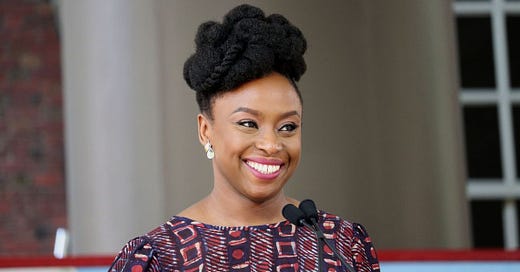


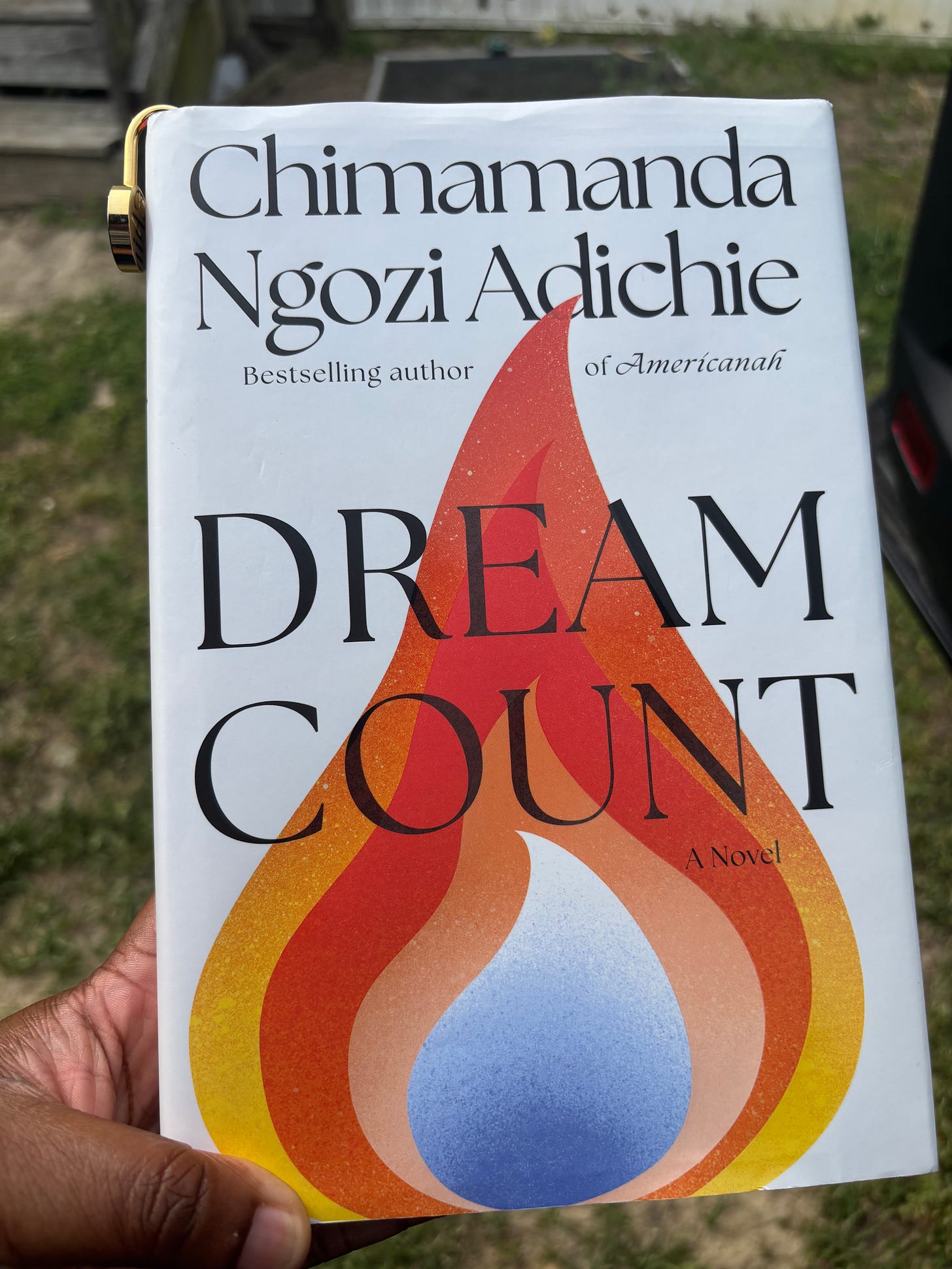

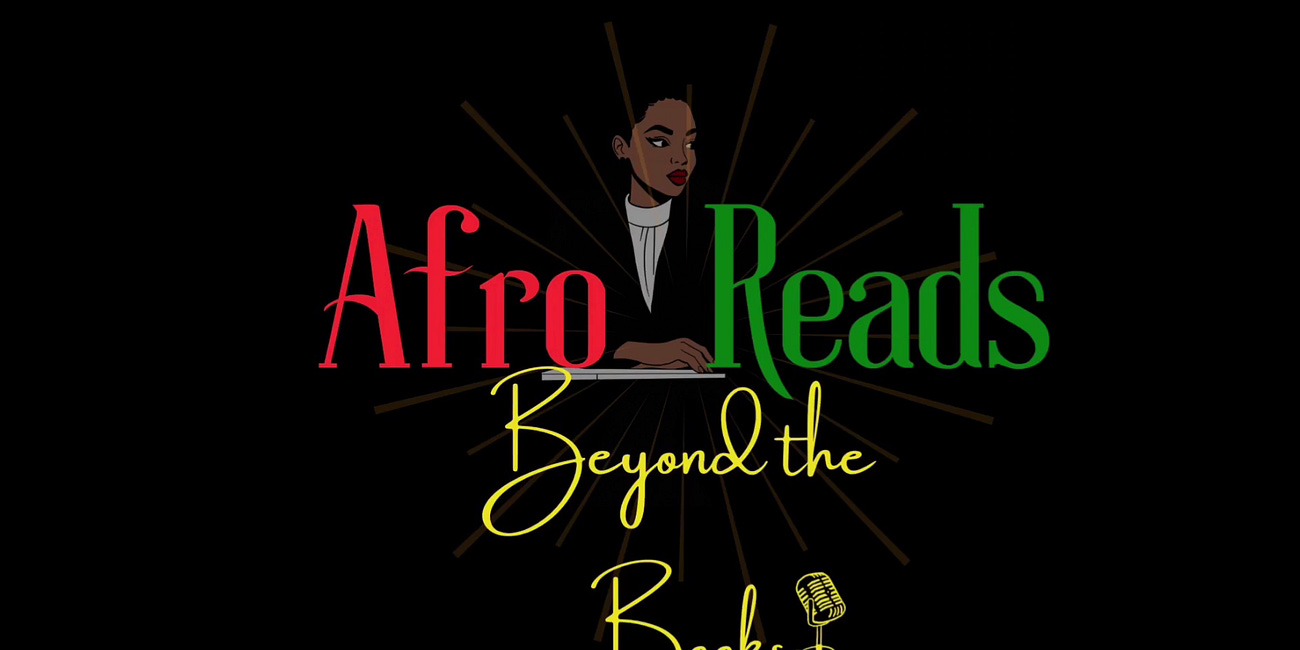
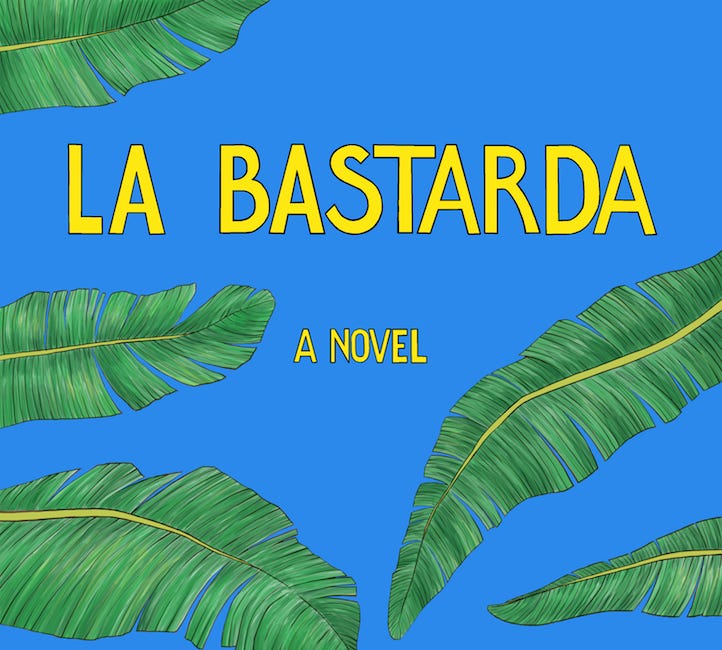
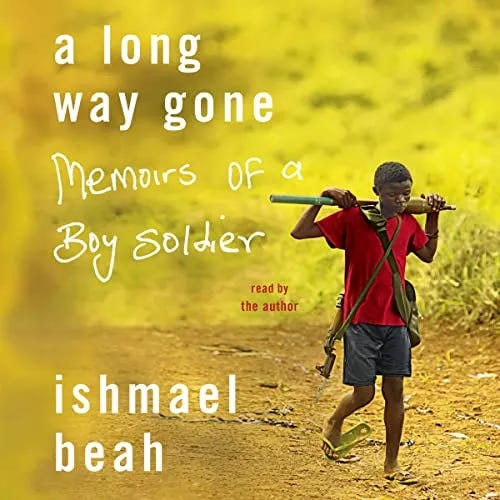
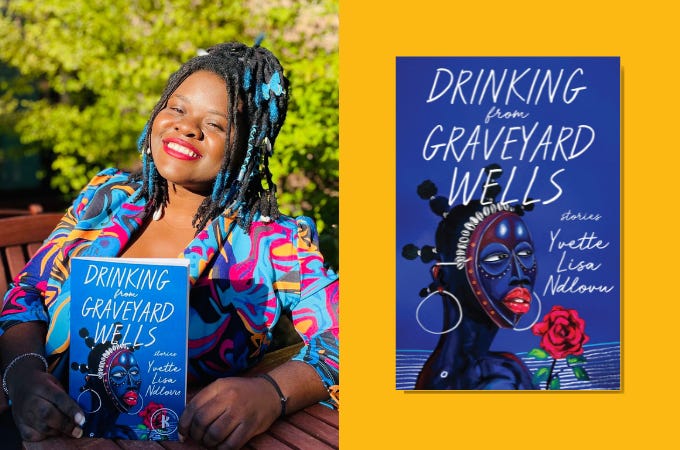
It was my first book of her and I am still pondering. The tale in societies expectation about on women was great. Especially because it did not focus just on very young women but actually shows the story of women until their early forties and how the life until might look like without children.
I finished the book. I appreciate the beautiful writing but I just thought I’d feel differently after reading.